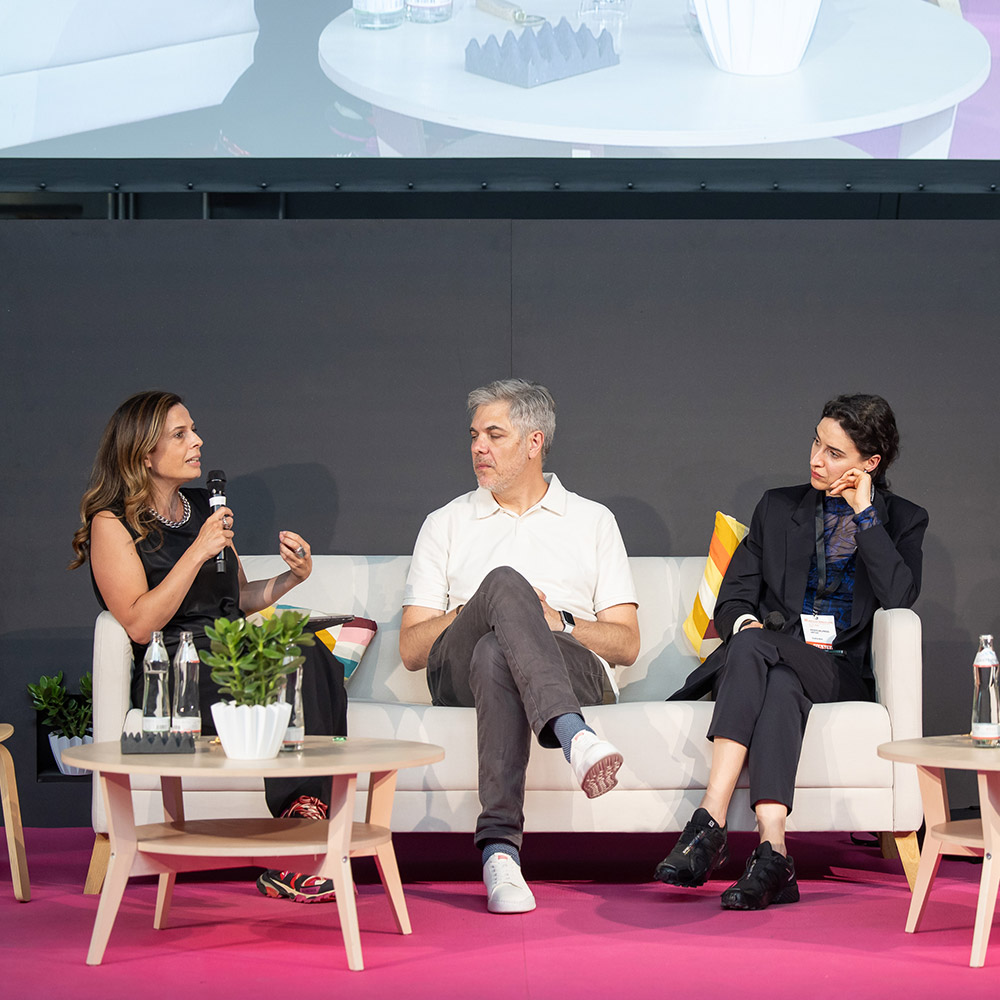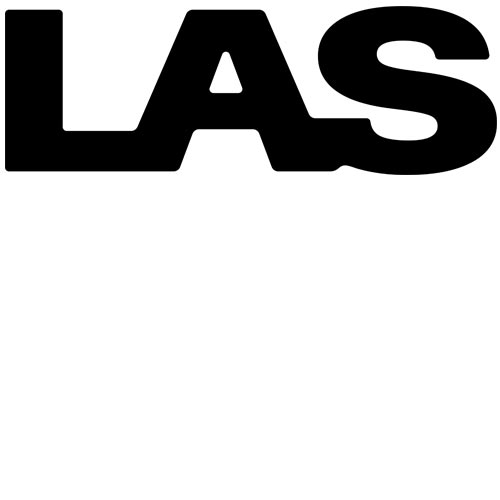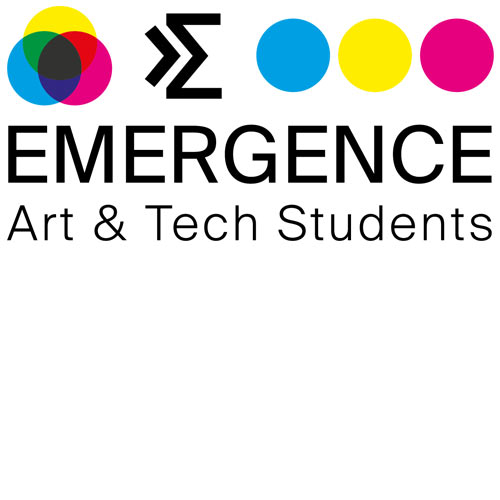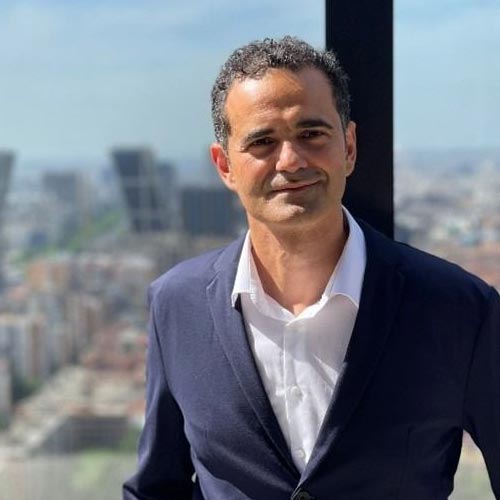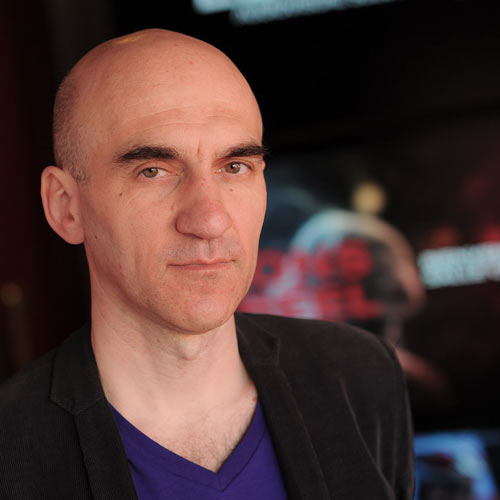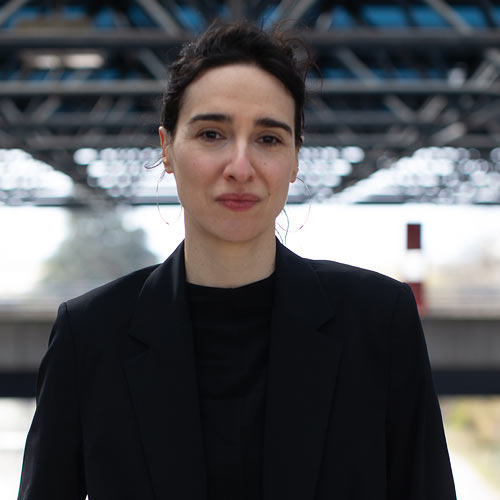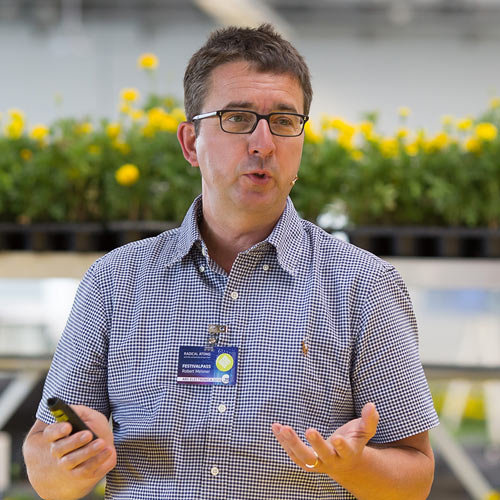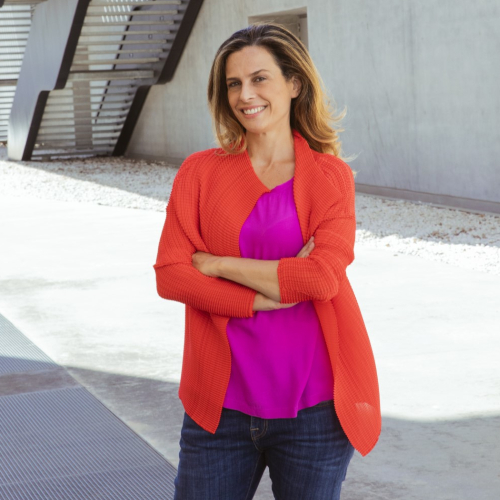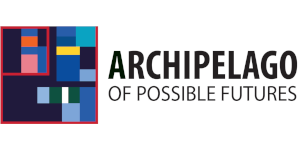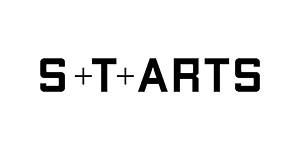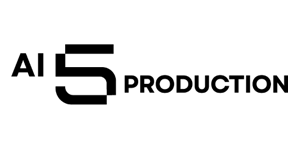If technologies of control discipline the present, and the EuroStack charts a democratic near future, this session opens the far horizon. We begin with the political and strategic dimensions of Europe’s quantum ambitions, how quantum computing is positioned within EU policy, research priorities, and geopolitical competition. From there, we explore the fusion of quantum and high-performance computing as a shared European infrastructure, and its potential to transform science, industry, and society.
The conversation then expands into the cultural and interdisciplinary realm, where art and science collaborate to interpret and communicate quantum phenomena. Drawing on work in experimental physics, space and Earth observation, and large-scale sensing infrastructures, the session reflects on how these technologies change our understanding of the planet, the cosmos, and ourselves.
At its heart, Entangled Futures asks: How do we create public imaginaries at the quantum scale? What forms of institutional and cultural experimentation can guide these powerful technologies toward public value? And how might infrastructures be designed to embrace uncertainty, complexity, and care?
